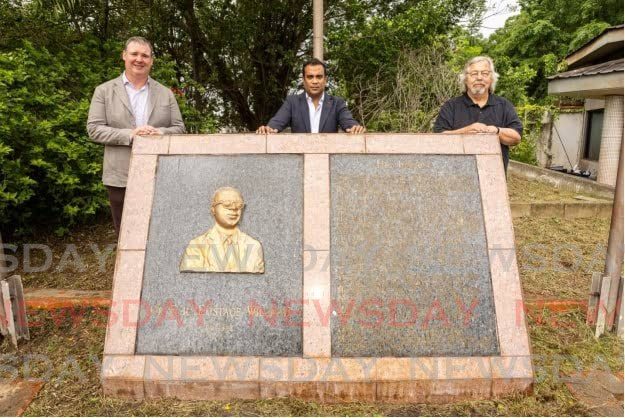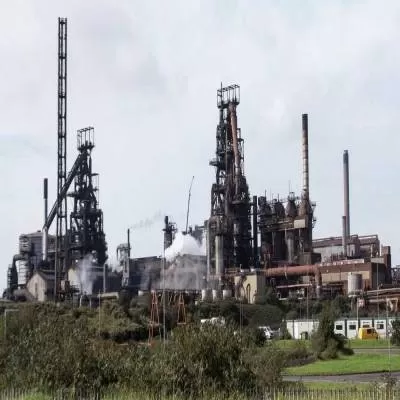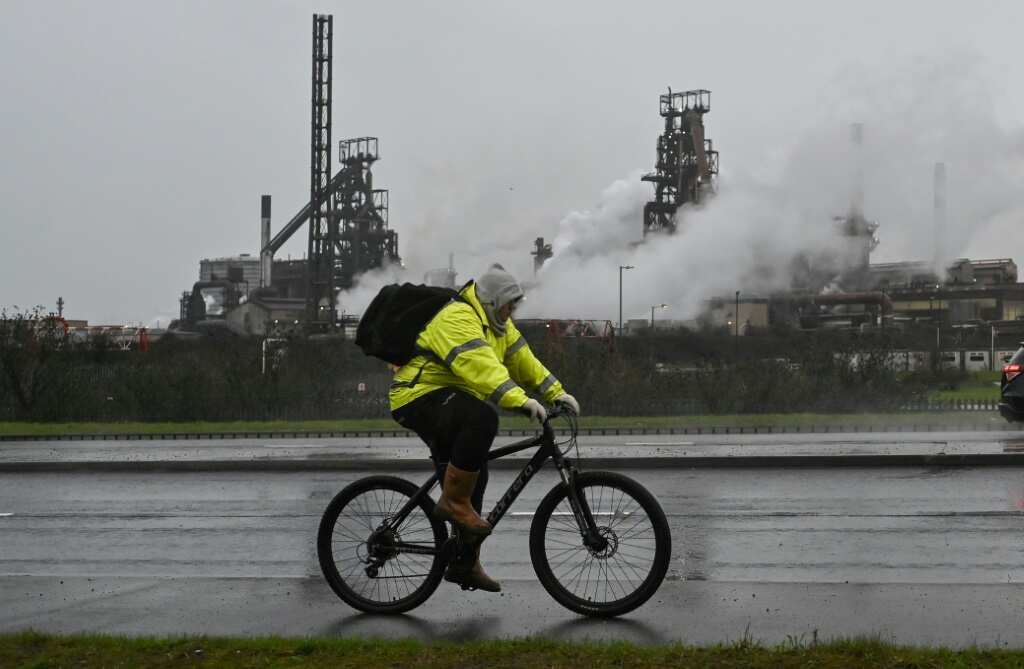






Around 1,500 Tata Steel workers in Britain are set to go on an indefinite strike from July 8 in protest against the company's plans to close two blast furnaces and cut up to 2,800 jobs. The trade union Unite announced the strike, stating that the closures were part of Tata Steel's strategy to transition to lower carbon electric arc furnaces and receive £500 million in government funding. Tata Steel argues that these plans are necessary for the UK to achieve its net zero targets [bb77ecf7].
This strike comes as a response to the closure of the coke ovens at Tata Steel's Port Talbot plant in Wales, which are essential for producing coking coal. The closure of the coke ovens was announced as part of Tata Steel's efforts to address ongoing challenges and transition to lower carbon electric arc furnaces. The closure of the blast furnaces and the coke ovens has raised concerns about job losses and the future of the steel industry in Port Talbot [a8feefa4] [0980ecb7] [bb77ecf7].
Tata Steel plans to shut down its blast furnaces in the UK earlier than scheduled due to the potential indefinite strike by workers. The strike, set to begin on July 8, involves around 1,500 workers and aims to halt Tata Steel's plans. Tata Steel is transitioning to an electric arc furnace to reduce carbon emissions, with a significant investment and support for impacted employees [94770638].
The UK government is now demanding that jobs are saved at Tata's steelworks in Port Talbot, Wales, in exchange for state support for the industry. Business Secretary Jonathan Reynolds and Prime Minister Keir Starmer have already spoken to Tata Steel over the company's plan to shut down its blast furnaces at the plant, putting 2,800 jobs at risk. Reynolds emphasized that job guarantees will be part of the negotiation and that the government aims to be a partner for investment in the future. The fate of the jobs at the steelworks is an early test of the new government's industrial policy. Tata is planning to cut jobs as it replaces the blast furnaces with greener but less labor-intensive electric arc furnaces. Reynolds pointed to Labour's election manifesto pledge to invest £2.5 billion ($3.2 billion) into the steel industry, on top of £500 million already planned by the outgoing Tory government. However, Reynolds hinted that some jobs will have to go, as blast furnaces employ more people than newer technologies. Sharon Graham, head of the union Unite, urged the government to take action to support the steel industry, including investment in steel with job guarantees and the use of UK steel in infrastructure projects. Prime Minister Starmer is expected to visit Wales in the coming days [a1bd0436].
A £500 million state rescue deal for Tata Steel's Port Talbot plant is expected to be confirmed this week, with Business Secretary Jonathan Reynolds supporting the agreement. This deal involves switching to electric arc furnaces and shutting down blast furnace production, which could result in the loss of 2,800 jobs. The first furnace, Blast Furnace 5, closed in July 2024 after 65 years of operation. Starmer criticized the previous Tory deal during the election campaign, casting doubt on the current agreement. Reynolds reiterated that 'job guarantees' would be part of the negotiations with Tata [77627a09].
The strike by Tata Steel workers highlights the tension between the need to reduce carbon emissions and the potential impact on jobs in the steel industry. It is crucial for Tata Steel, the UK government, and the trade unions to engage in dialogue and find a solution that balances the goals of environmental sustainability and job security [a8feefa4] [0980ecb7] [bb77ecf7].
In Trinidad and Tobago, TT Iron Steel Co Ltd (TT Iron) has taken ownership of the iron and steel plant in the Point Lisas Industrial Estate, Couva on July 26. The company plans to produce low carbon emission/green steel within the next 12 months. The plant was previously owned by ArcelorMittal, which closed its operations in Trinidad in March 2016. TT Iron will begin planning the refurbishment of the plant and did not disclose the purchase price. The Point Lisas plant is one of the largest steel mills in the Americas and will benefit the Trinidadian economy. TT Iron's chairman, Monty Pemberton, expressed excitement about the opportunity to develop the local green economy and thanked the company's largest shareholder, Winterbotham Group, for their support. Founder and president of TT Iron, Gus Hiller, believes there is great potential for the plant to become a major global player in the green steel market. The iron and steel industry is valued at US$1.6 trillion globally and is expected to grow to US$1.9 trillion by 2027 [8ba7d506].